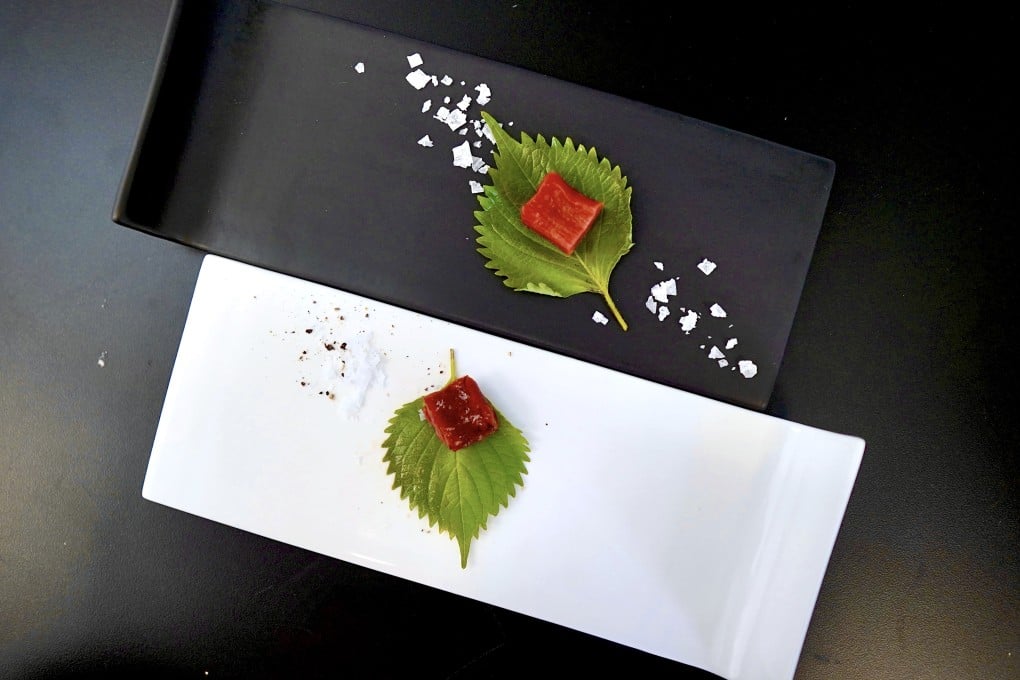Shanghai-based CellX raises US$10.6 million just as China gives its blessing to cultivated meat as a sustainable food source
- CellX’s new funding round coincides with growing support in Beijing for the development of synthetic protein as a food source
- The latest round of funding includes investments from Joyvio Capital, which is backed by China’s Legend Holdings, and South Korean conglomerate SK Group

CellX, a Shanghai-based cultivated meat start-up, has raised US$10.6 million in a Series A funding round.
The latest funding round will be used to expand and optimise the start-up’s platform technologies to create a safe, consistent and low-cost cultivated meat production system, the company said in a statement on Monday.
“Cellular agriculture uses next-generation technologies to create new proteins and new materials in a more sustainable way. Compared to traditional animal agriculture, cellular agriculture uses significantly fewer resources and emits less carbon,” said Ziliang Yang, CellX’s co-founder and CEO.
CellX’s new funding round coincides with growing support in Beijing for the development of synthetic protein as a food source to reduce the pressures on environmental resources brought on by traditional livestock breeding, according to the 14th five-year development plan for the bio-economy released by the National Development and Reform Commission (NDRC) on May 10.
“China is a policy-driven country and this is a strong signal from the top of the government,” Yang said.
